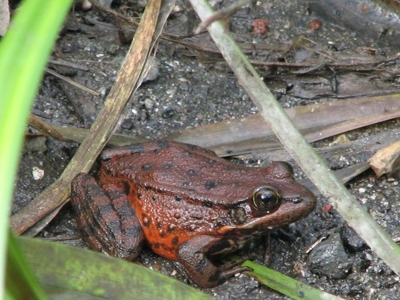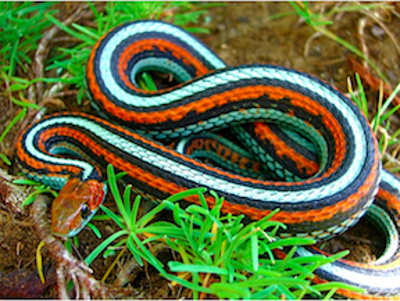FOR IMMEDIATE RELEASE: March 1, 2017
Contact: Arthur Feinstein, Sierra Club San Francisco Bay Chapter, 415-680-0643
As a result of a last-minute Agreement reached between environmental organizations and the SF Recreation and Park Department, the Department has agreed to withdraw its plans to raise golf fairways and fill wetlands at the Sharp Park golf course. This golf course redevelopment had been incorporated into the Department’s Natural Resource Areas Management Plan EIR over environmental groups’ opposition. As part of the Agreement, environmental organizations withdrew their appeal of the EIR.
The Agreement reached between environmentalists and the SF Recreation and Parks Department will improve the chances for survival for two endangered species, the California red-legged frog (made famous in Mark Twain’s short story, The Celebrated Jumping Frog of Calaveras County) and the San Francisco Garter Snake from the impacts of the damaging golf course project. The species use the fairways and its wetlands as habitat.
“It is always hard to reach decisions at the very last moment but we believe that this Agreement goes far towards protecting these species on the brink of extinction. And by removing the elements of the project that constitute a golf course redevelopment, the Natural Areas program that we all support can now move forward,” said Arthur Feinstein of the Sierra Club’s San Francisco Bay Chapter.
Sharp Park Golf Course, owned by San Francisco and located in Pacifica, is habitat for the endangered San Francisco Garter Snake and California Red-legged frog. Scientists at various institutions, including Cal Academy of Sciences and San Francisco State University, have criticized the golf course as threatening rare and dwindling habitat for the endangered species.
The coalition of environmental groups that signed the appeal included Sierra Club, National Parks Conservation Association, Wild Equity Institute, Golden Gate Audubon, Sequoia Audubon, Surfrider Foundation San Francisco Chapter, SAVE THE FROGS!
***






